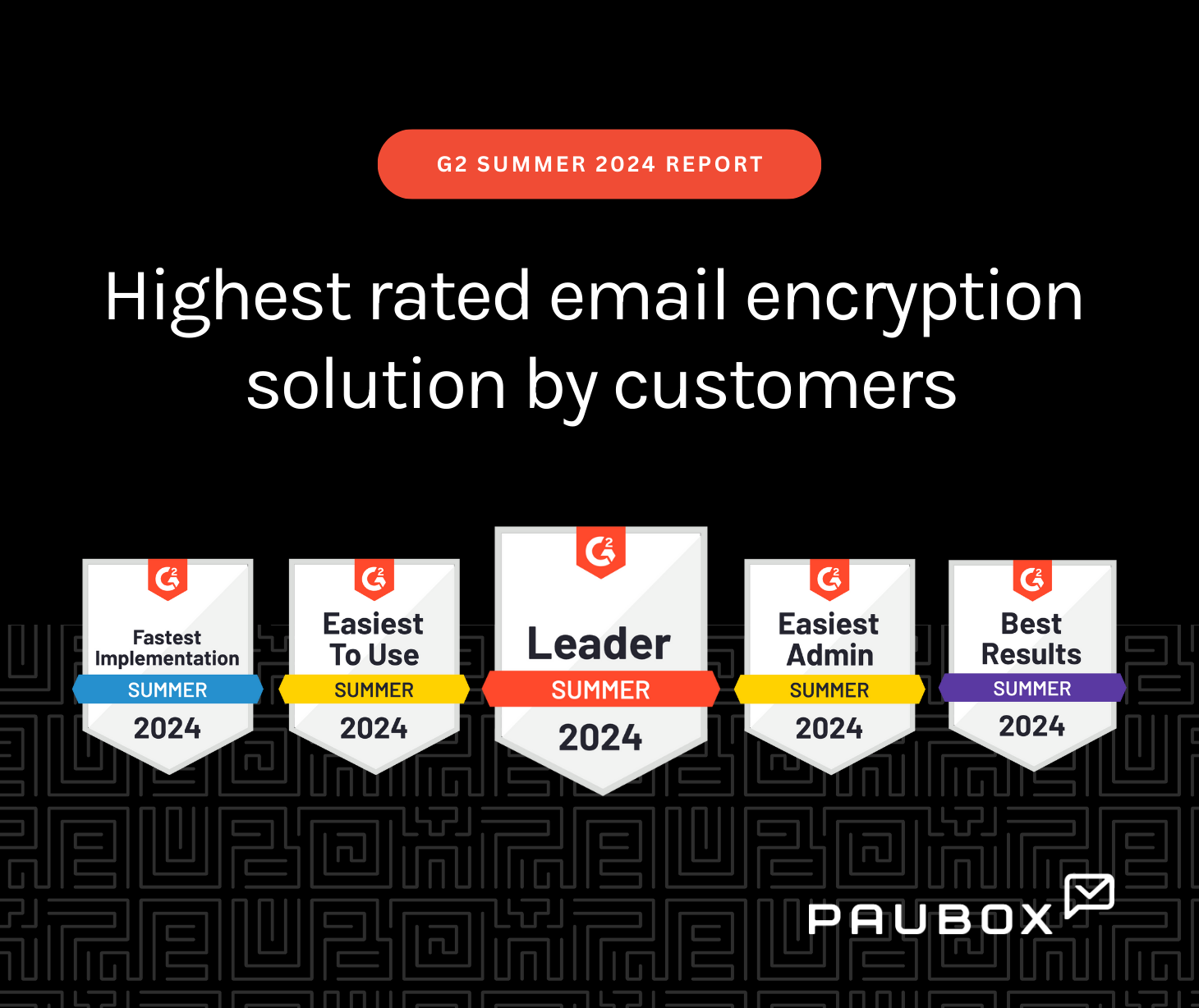
Balancing HIPAA and the duty to warn requires prioritizing patient safety while respecting confidentiality. Mental health professionals should discuss the limits of confidentiality with patients and document risk assessments. Providers may use professional judgment regarding a patient's well-being and maintaining confidentiality.
Understanding the duty to warn and HIPAA
The duty to warn mandates that mental health professionals take action if they have reason to believe a patient poses an imminent threat of harm to an identifiable person. Professionals must protect potential victims, even if it means breaching patient confidentiality.
The HHS states that in these cases, providers may be permitted to violate HIPAA, "To the extent that a provider determines that there is a serious and imminent threat of a patient physically harming self or others, HIPAA would permit the provider to warn the appropriate person(s) of the threat, consistent with his or her professional ethical obligations and State law requirements."
Challenges in documenting suicidal ideation
Mental health professionals must accurately document information related to suicidal ideation to assess risk and plan appropriate interventions. If a professional believes the patient is at imminent risk of harming themselves, they must report the behavior to the authorities or emergency contact.
However, if the professional does not believe there is an imminent risk, they do not have to report their concerns. Instead, they should carefully monitor and document relevant discussions and the treatment plan.
Clear communication with patients about confidentiality limitations from the outset of treatment helps establish trust and manage expectations.
HIPAA compliance strategies
- Obtain informed consent from patients regarding the purposes and limitations of confidentiality.
- Document discussions about confidentiality and Duty to Warn obligations in patient records.
- Use de-identified information whenever possible to minimize the risk of unauthorized disclosure.
- Familiarize themselves with state-specific laws that may impact reporting obligations and confidentiality protections.
Ethical considerations and professional judgment
Mental health professionals must weigh the potential risks and benefits of disclosing patient information, considering the severity of the threat and the likelihood of harm occurring. Professional judgment and ethical codes help in decision-making, ensuring that actions are ethically sound and legally compliant.
Balancing duties
- Know the laws: Stay informed about state-specific laws regarding the duty to warn, as they may have stricter requirements than HIPAA.
- Document: Record risk assessments, patient interactions, and decisions for transparency.
- Ensure informed consent: Discuss confidentiality limits with patients at the outset of treatment and obtain consent for potential disclosures in high-risk scenarios.
- Professional judgment: Evaluate the severity and immediacy of threats to prioritize patient and public safety while minimizing unnecessary disclosures.
- Consultation: Seek advice from legal counsel and refer to ethical guidelines to navigate complex cases.
Related: HIPAA Compliant Email for Mental Health Professionals
FAQs
What should a mental health professional do if a patient refuses to consent to disclose suicidal ideation?
Mental health professionals should discuss consent first. If the patient refuses to consent, the conversation may end. However, if the provider believes there is a threat of harm, the professional should disclose the information even without consent, following legal and ethical guidelines.
What role do emergency contacts play in managing suicidal ideation?
Emergency contacts can be notified if there is an imminent threat to the patient's safety, and it is crucial to have clear policies and patient consent regarding such disclosures.
Can I share information about suicidal ideation with other healthcare providers?
Yes, sharing information with other healthcare providers involved in the patient's care is permitted under HIPAA if it is necessary for treatment.
Subscribe to Paubox Weekly
Every Friday we'll bring you the most important news from Paubox. Our aim is to make you smarter, faster.


![Use Paubox [Tags] to reduce IT workload](https://www.paubox.com/hubfs/Paubox-%5BTags%5D-reduce-workload-img1a.png)

